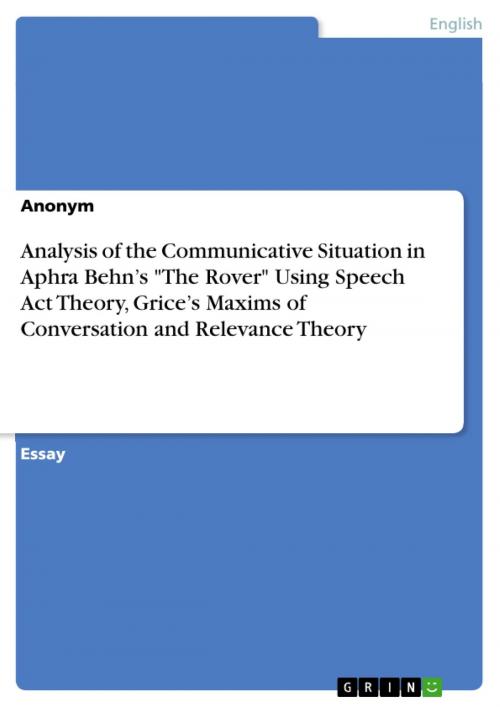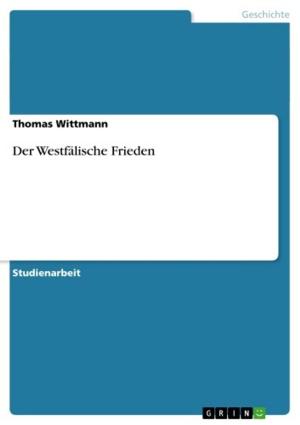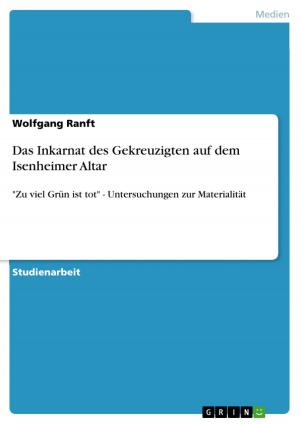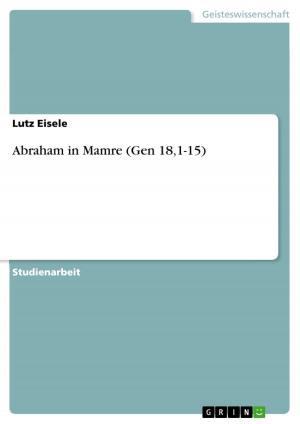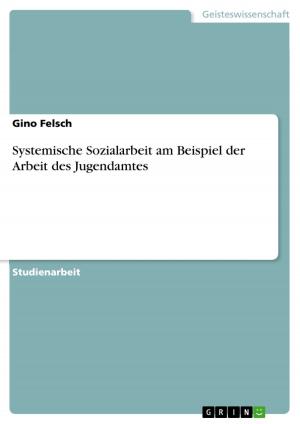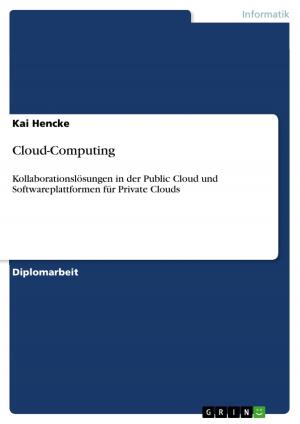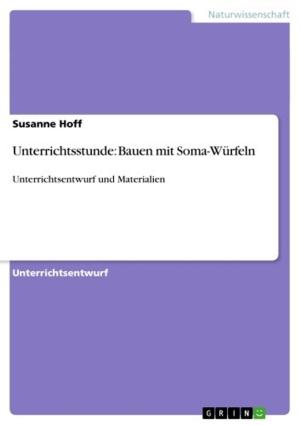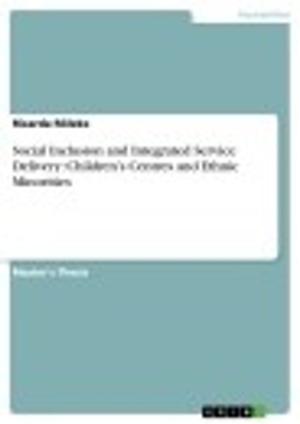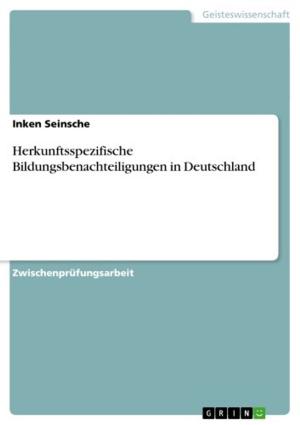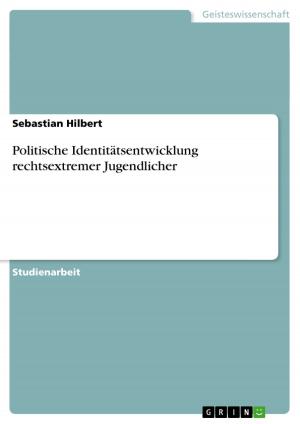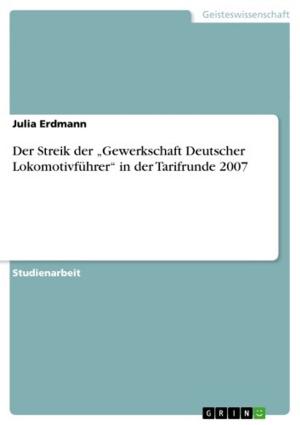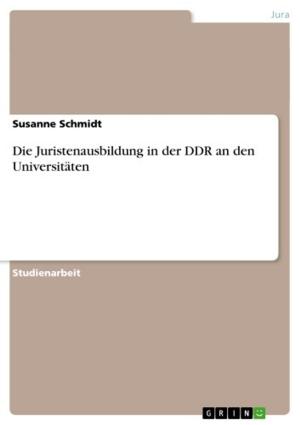Analysis of the Communicative Situation in Aphra Behn's 'The Rover' Using Speech Act Theory, Grice's Maxims of Conversation and Relevance Theory
Fiction & Literature, Literary Theory & Criticism, British| Author: | Anonymous | ISBN: | 9783668260498 |
| Publisher: | GRIN Verlag | Publication: | July 15, 2016 |
| Imprint: | GRIN Verlag | Language: | English |
| Author: | Anonymous |
| ISBN: | 9783668260498 |
| Publisher: | GRIN Verlag |
| Publication: | July 15, 2016 |
| Imprint: | GRIN Verlag |
| Language: | English |
Essay from the year 2014 in the subject English Language and Literature Studies - Literature, grade: 1,0 (A in England), Oxford University, language: English, abstract: This essay argues that Aphra Behn's 'The Rover' is first and foremost a play about language and communication, and the transformative power of language. Verbal communication in 'The Rover' is the most powerful instrument in the game of seduction. It not only structures the social relations between the two sexes, but it gives structure to the whole play. This essay applies Speech Act Theory, Grice's Maxims of Conversation and parts of Relevance Theory from the linguistic field of Pragmatics to 'The Rover' and will thus provide an analysis of the communicative situation in the play. The analysis will mainly focus on Willmore, Hellena and Angellica's speech, but will take the other characters into consideration, too. I will show that the characters in the play have different philosophies of language. While Willmore considers and uses language as performative and transformative instrument, his female interlocutors consider speech as a means for conveying and knowing truth. These different philosophies, or understandings of the power of language, problematize communication in the play and explain why in one and the same conversation communication can be felicitous for one interlocutor and infelicitous for the speaker. First, Austin's Speech Act Theory will be applied, and a detailed differentiation between Willmore and his female interlocutors' concepts of language will be provided. These observations will in a second step be supported by Grice's Maxims of Cooperation and Sperber and Wilson's Relevance Theory. I will then show what strategies the characters in 'The Rover' develop to deal with Willmore's philosophy of language. Finally, a number of questions which this analysis raises will be identified.
Essay from the year 2014 in the subject English Language and Literature Studies - Literature, grade: 1,0 (A in England), Oxford University, language: English, abstract: This essay argues that Aphra Behn's 'The Rover' is first and foremost a play about language and communication, and the transformative power of language. Verbal communication in 'The Rover' is the most powerful instrument in the game of seduction. It not only structures the social relations between the two sexes, but it gives structure to the whole play. This essay applies Speech Act Theory, Grice's Maxims of Conversation and parts of Relevance Theory from the linguistic field of Pragmatics to 'The Rover' and will thus provide an analysis of the communicative situation in the play. The analysis will mainly focus on Willmore, Hellena and Angellica's speech, but will take the other characters into consideration, too. I will show that the characters in the play have different philosophies of language. While Willmore considers and uses language as performative and transformative instrument, his female interlocutors consider speech as a means for conveying and knowing truth. These different philosophies, or understandings of the power of language, problematize communication in the play and explain why in one and the same conversation communication can be felicitous for one interlocutor and infelicitous for the speaker. First, Austin's Speech Act Theory will be applied, and a detailed differentiation between Willmore and his female interlocutors' concepts of language will be provided. These observations will in a second step be supported by Grice's Maxims of Cooperation and Sperber and Wilson's Relevance Theory. I will then show what strategies the characters in 'The Rover' develop to deal with Willmore's philosophy of language. Finally, a number of questions which this analysis raises will be identified.
